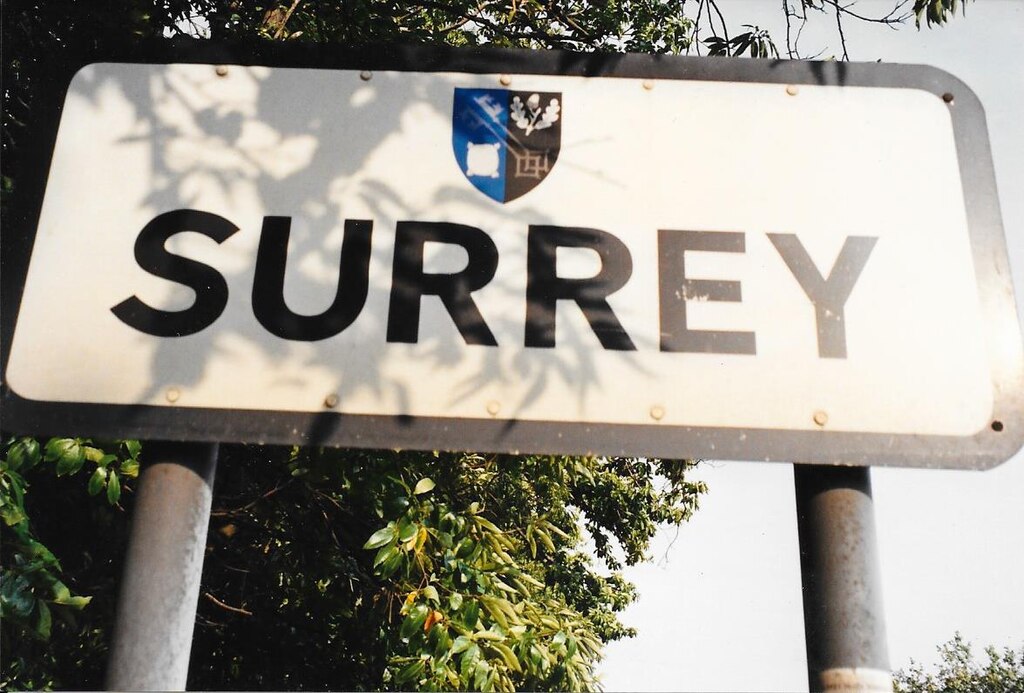The District Councils’ Network (DCN) notes the Government’s decision to create two unitary councils in Surrey.
Under plans approved by the Government, 11 district councils – the tier of principal local government closest to communities – and Surrey County Council are due to be replaced with two new unitary councils.
This is the first ministerial decision announced on the current round of local government reorganisation, which will impact on the services used by over 20 million people. It is due to see 164 district councils and 21 county councils abolished.
The new Surrey councils will both have populations in excess of the 500,000 figure previously endorsed by the Government.
Of the county’s 11 district councils, nine endorsed an alternative proposal to create three unitary councils. DCN has previously expressed concerns that the Government’s consultation on reorganising Surrey’s local government did not proactively ask the public for their view.
In response to today’s decision, District Councils’ Network Chair Cllr Richard Wright said:
“The Government’s approval of such large new councils risks making it harder for Surrey’s local government to represent the concerns of communities and to ensure services are responsive to local needs.
“The new councils should commit to ensuring that local government remains genuinely local, with each community empowered.
“We believe that the best way to ensure the views of all communities are reflected and for new councils to build on the strengths of district services, would be for each existing council to be given equal representation on the joint committees taking reorganisation forwards. It’s disappointing that this isn’t happening but we urge all parties to work together in an inclusive and open manner.
“Much work is required, in Surrey and elsewhere, to support staff and communities through the transition and to ensure new councils fulfil their potential by spearheading reform of the wider local public sector.
“The District Councils’ Network will use our longstanding expertise to help all councils through the complexity of reorganisation and offer ongoing support to new unitary councils once they’re set up.
“We have been reassured that today’s decision on Surrey, where some councils have unusually high debt levels, does not set a precedent of ministers endorsing proposals for the biggest councils elsewhere in England.
“When reaching decisions about which reorganisation proposals to approve across England, ministers need to pay heed to the unique factors in each place, rather than impose mega councils across the board, regardless of local views and any evidence to suggest they’re more effective.
“There’s no independent evidence to suggest mega councils perform better – if anything, smaller existing unitary councils, have lower council tax bills and better performance. Smaller unitary councils can be every bit as effective in driving growth and getting houses built.”
The District Councils’ Network supports local government reorganisation if it:
- Strengthens local services and doesn’t see funding for district services like housing, street cleaning and waste collection used prop up struggling social care services;
- Doesn’t diminish democracy at a genuinely local level;
- Is supported by local residents;
- Results in wider reform of local public services to remove barriers between councils, the NHS and police, thereby improving efficiency and accountability.






